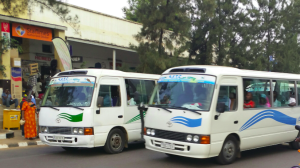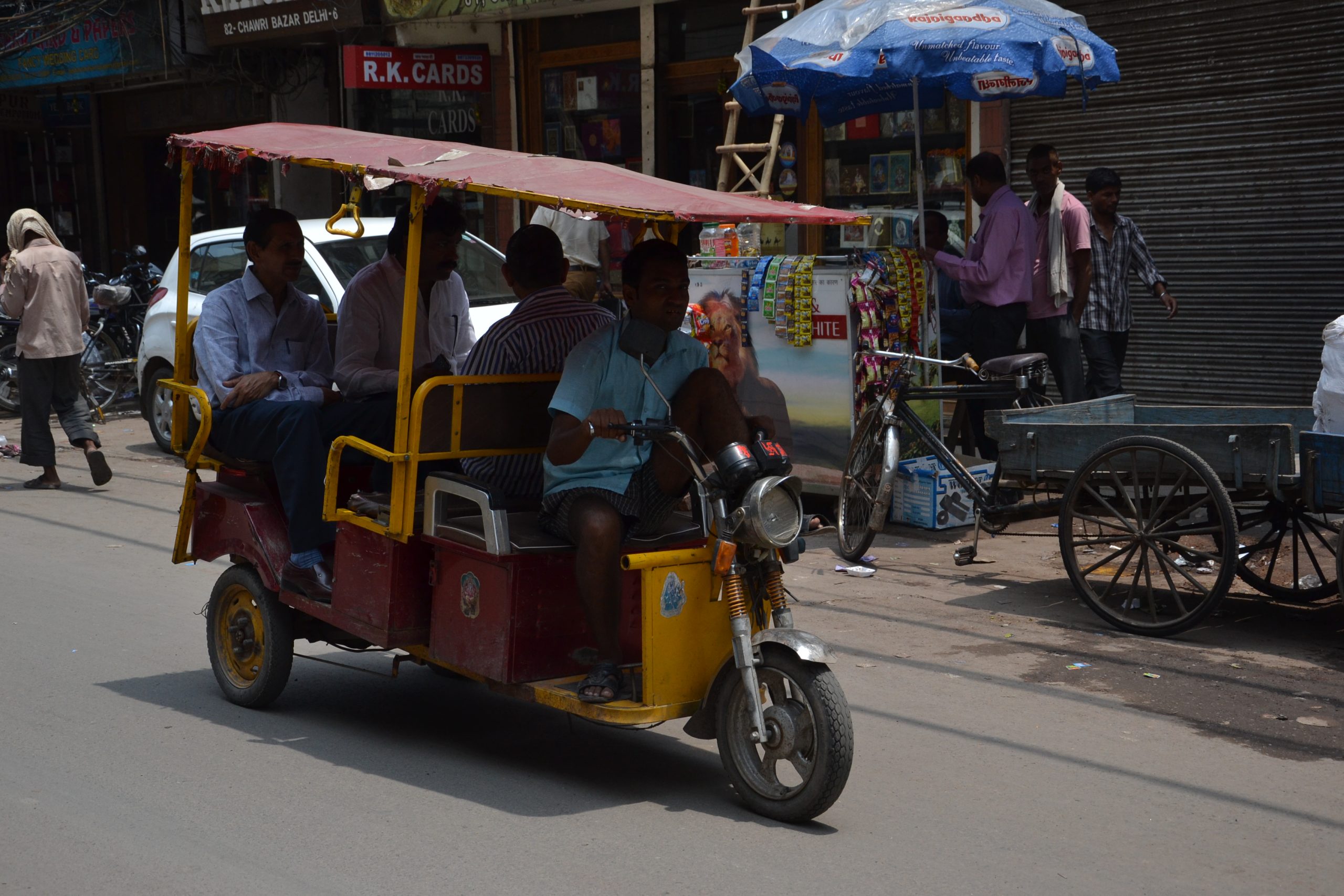[Publication] “Paratransit, an essential component in a dual system”
This
document was compiled by CODATU association at the request and under the supervision of the Agence Française de Développement (AFD). It was written by Pablo Salazar Ferro in close collaboration with Lise Breuil (AFD) and Julien Allaire (CODATU). The first version of the document, issued in November 2014, has been updated after review from Xavier Godard and Olivier Ratheaux.
In most cities of the global south, two types of public transport exist: institutional and paratransit. They operate according to very different models and co-exist in a complex relationship that varies from one context to another.
 Paratransit, often referred to as ‘informal’ or even ‘illegal’ transport, operates on the fringe of the institutional transport system. It is most often described as a poorly organised and inefficient sector in terms of operations (route duplication, excessive length of routes, surplus supply of vehicles on certain routes, etc.), and it is considered partly responsible for road accidents, traffic congestion and air pollution.
Paratransit, often referred to as ‘informal’ or even ‘illegal’ transport, operates on the fringe of the institutional transport system. It is most often described as a poorly organised and inefficient sector in terms of operations (route duplication, excessive length of routes, surplus supply of vehicles on certain routes, etc.), and it is considered partly responsible for road accidents, traffic congestion and air pollution.
Nonetheless, it fulfils a type of demand that generally can only be met by the paratransit sector. Paratransit plays a crucial role in the public transport systems of the Global South and it presents two undeniable advantages: the low cost for public authorities and service flexibility. The present document provides a review of the recent literature and endeavours to characterise the different models of paratransit, illustrated in specific examples of cities with highly contrasted realities. The conclusion identifies key elements which warrant more in-depth analysis.
 This document is the result of a cooperation within the programme “sustainable urban transport” of the Centre for Mediterranean Integration (CMI), a multi-actors platform for constructive dialogues and knowledge sharing to support transformational reforms and greater regional integration. CMI founding members are Egypt, France, Jordan, Lebanon, Morocco and Tunisia and two international financial institutions active in the region, the European Investment Bank and the World Bank.
This document is the result of a cooperation within the programme “sustainable urban transport” of the Centre for Mediterranean Integration (CMI), a multi-actors platform for constructive dialogues and knowledge sharing to support transformational reforms and greater regional integration. CMI founding members are Egypt, France, Jordan, Lebanon, Morocco and Tunisia and two international financial institutions active in the region, the European Investment Bank and the World Bank.
The publication is available in French and English.
